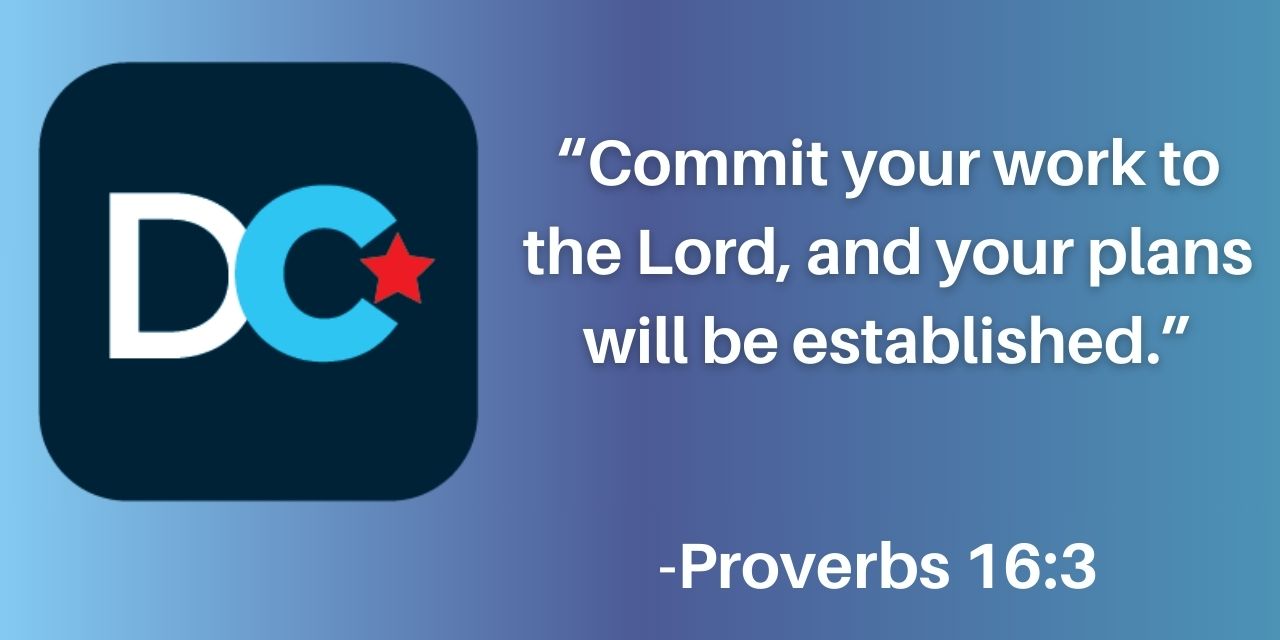As the United Auto Workers enter the thirteenth day of their strike, headlines highlighting their demands are focusing on a coordinated play for higher and more “equitable” wages. Yet one more significant stipulation is indirectly related to compensation:
A 32-hour work week for 40 hours of pay.
“The Union proposes that a workweek would be limited to eight-hour work days between Monday through Friday,” stated the UAW Union. “In addition, each employee would be afforded one fixed day per week (Monday-Friday) for a Personal Day Off. Employees would be compensated for eight hours of pay on their Personal Day Off.”
Writing in Wednesday’s New York Times, Binyamin Appelbaum, who is a member of the Old Grey Lady’s editorial board, thinks this is a great idea that won’t just benefit autoworkers – but somehow all of us.
“Americans spend too much time on the job,” Applebaum writes. “A shorter workweek would be better for our health, better for our families and better for our employers, who would reap the benefits of a more motivated and better-rested work force. Other countries may seek an advantage in the global marketplace by wringing every drop of labor from their workers; American companies have to be more productive, and that means taking better care of their workers.”
Spirited debate over work and pay are nothing new, though calls to reduce the typical full-time week to 32 hours represents a seismic shift in the conversation. Prior to the Civil War and the eventual Industrial Revolution, most American jobs were rooted in agricultural pursuits. Depending upon the season, some days were very long – and others, not so much.
With the coming of the Industrial Revolution, some Americans worked as many as 80 to 100 hours a week across six days. It was in 1869 when President Ulysses S. Grant issued a proclamation limiting government shifts to 8 hours. He encouraged, with limited success, private businesses do the same.
Automobile magnate and pioneer Henry Ford is largely credited with implementing and popularizing the 40-hour week. After extensive research, he determined there were diminishing returns when employee shifts were longer than eight hours. Mr. Ford also attracted help by paying $5 a day – double the average rate at the time.
To be sure, both the ideal length of workday and week are somewhat subjective measures that can be impacted by various other factors, such as the type of job, its setting – and the capacity of the person doing the work.
But Mr. Applebaum’s contention that a shorter work week benefits everyone belies reality, and on numerous levels. First, he’s assuming other people will step up to do the work left undone by those enjoying extra time off. Second, when you hire more people and keep paying other people the same for working less, who does he think will foot the bill?
Too many people tend to think costs can be passed along to big business and government – but government and big business only go ahead and pass along those costs to taxpayers and consumers. As the old saying goes, there’s no free lunch. Somebody must pay the tab – and that “somebody” are me and you.
Perhaps most importantly, missing from the conversation is any discussion about the need for us to connect our work to God’s higher purpose.
Genesis begins with God working for 6 days – and being quite pleased with the effort and outcome (Gen. 1:4, 10, 12, 18, 21, 25). He then turned the Garden over to Adam and Eve to work and care for it (Gen 2:15). Scripture repeatedly lauds work and warns against idleness.
Seeing work as merely a means to make the ends meet will inevitably lead to people trying to get paid the most for doing the least. As Christians, we’re clearly called to see our work as a calling and service to others. And God doesn’t just call ministers. There’s a sacredness to every legal job out there.
The late Dr. Tim Keller penned an entire book on the subject. Pastoring in New York City for decades, he was surrounded by people for whom their jobs often became both their identity – and a great burden.
To cope with the struggle, he said Christians should see that “Work is not, primarily, a thing one does to live, but the thing one lives to do.” He went on to explain our work is “the medium in which he offers himself to God.”
For perspective, there are 168 hours in every week. If you work 40 hours, that leaves 128 for everything else – or 77%. Work 32 hours? That leaves 136 for everything else – or 81% free time.
If you’re angling to work less and get paid the same or more, perhaps your issue isn’t with your employer – maybe it’s with you and your choice of job, along with your concept and convictions regarding how best to use the time, talents and gifts God has given you.






